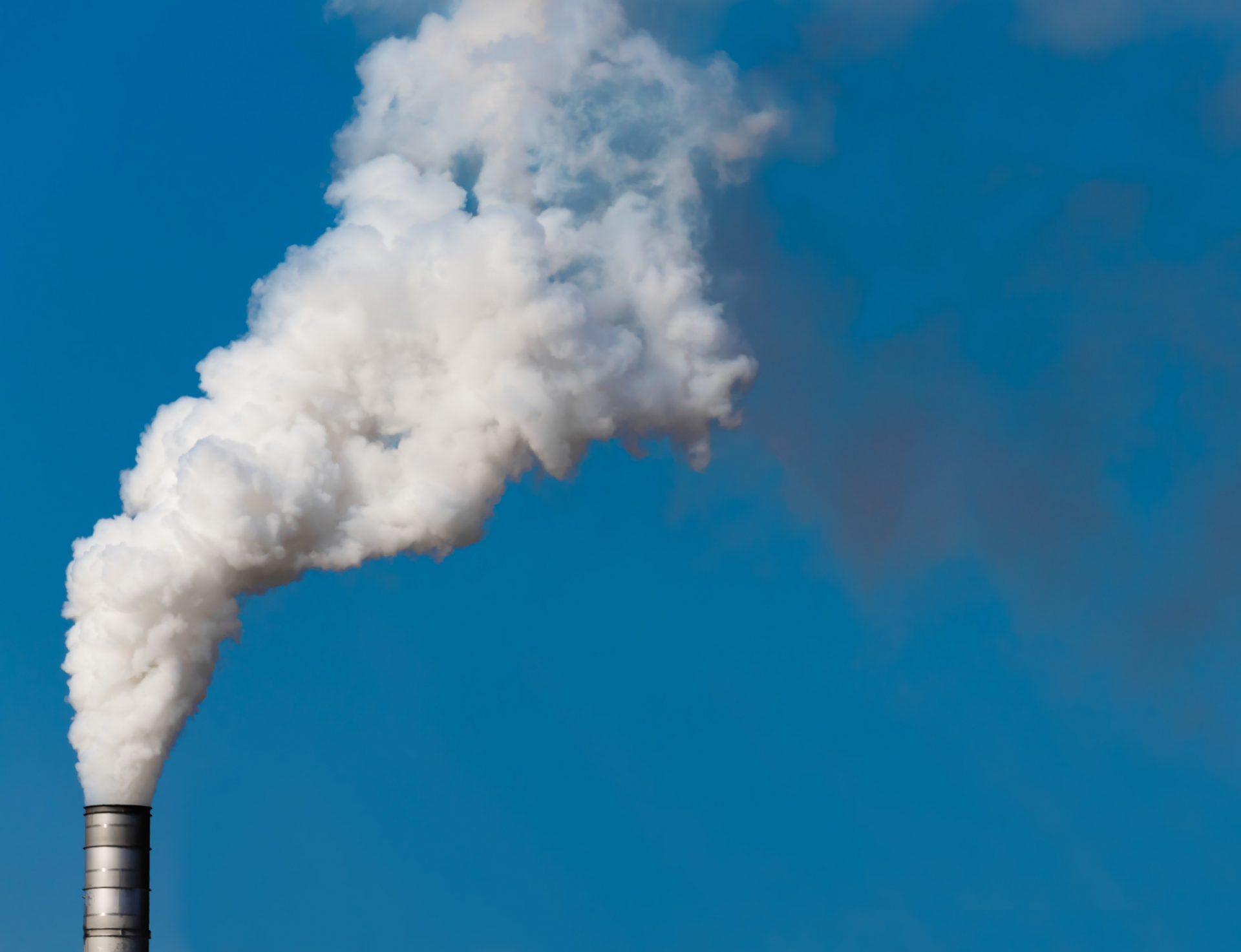The waste problem and how it contributes to poor air quality is central to wider behavioral changes that can reduce pollution.
This article was written by ExpatGo contributor Jennifer Dawson.
Urban areas across the globe are afflicted with air pollution problems, and Malaysia is no exception. From Kuala Lumpur to Ipoh, Kuching, Klang, and beyond, the country has hosted many of the same issues. However, there is cause for optimism – The Star (and other media outlets) noted last year how air pollution levels had vastly reduced, showing the potential for the region.

Government initiatives and a wider interest from society in having a better, healthier quality of life is driving forward the pursuit of cleaner air, and that means there are more ways than ever to secure a little more breathing space.
THE INDOOR QUESTION
While discussions over air quality often concentrate on the most obvious signs of a polluted airspace – for instance haze and smog – there is a lot of thought that needs to be put towards the question of indoor air quality. The Movement Control Order highlighted deficiencies in indoor air quality, as outlined by architect Anthony Lee Tee; both heavily used and uninhabited buildings had poor levels of indoor air quality.

Like the outdoors, this can be rectified, either professionally through cleaning and HVAC maintenance, or through means that can be controlled at home. Maintaining proper levels of humidity is one way to achieve this, and with commercial dehumidifiers, an air quality-boosting 40% humidity can be reached – even on the Malay Peninsula and Borneo.
REDUCING RISKS
Free Malaysia Today reported in early May ‘20 that several air pollution hotspots had opened up across the Klang Valley. At the same time, high air pollution index readings have cropped up in Thailand and Indonesia. Government ministers have pointed the fingers at open burnings on farmland in Pontian, and this highlights one major issue in haze and smog – especially in Southeast Asia.

Ensuring that you practice proper habits that do not contribute to burns later down the line is important, even as an urban dweller. Waste should be managed properly to avoid accidental blazes, and to avoid contributing to air pollution arising even from ‘planned’ burns. The waste problem and how it contributes to poor air quality is central to wider behavioral changes that can reduce pollution.
WIDER HELP
Changing consumer habits can also help to improve air pollution. While many will be itching to leave Malaysia and visit tourist spots and travel, it can be detrimental to fly regularly. The International Association for Medical Assistance for Travellers highlights reduced usage as a key way to holistically improve health while abroad – simply put, if you’re not taking flights and using up fossil fuels, you’re going to be contributing to better air quality, and therefore reducing your own risk of medical ailments. This applies to general consumption – if you use less electricity, and create less waste, you’ll be helping to break the carbon cycle and reduce the amount of emissions that endanger good air quality.
While air pollution is something that needs to be tackled at a higher level than just the individual citizen, there are changes that everyday people can make. A few changes here and there can contribute to larger scale improvements. Longer-term change demands behavioral changes in how consumption is undertaken, but anything is possible.

















